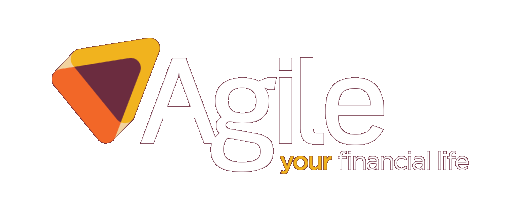When you’re making financial decisions, who do you speak to? One of these people is likely your partner. Yet, despite seeking financial advice from a partner, research shows it’s often not acted on, particularly when it comes to investing.
Investing is a big decision and there are a lot of factors to consider, from the amount of risk to take to which product to invest through. It’s natural to want to discuss some of these aspects with someone. Almost half (48%) of Brits consult their partner when making investment decisions, but only a fifth act on the advice offered, according to research from Barclays.
Instead, the research shows that potential investors value professional advice. Some 44% of investors said investments were an essential area to seek expert support with. This compares to 41% that said health was an essential area on which to seek expert advice.
Clare Francis, director at Barclays Plan & Invest, said: “While we tend to lean on our partners for emotional support in most aspects of our life, relying solely on their advice when it comes to money and investments can be a little nerve-wracking.”
Expert advice can help you understand investment options and how they suit your goals. However, you don’t have to choose between discussing it with a partner and talking to a financial planner. Working with a financial planner as a couple when investing can be beneficial. Here are three reasons why.
1. It can help you understand you and your partner’s priorities
Priorities play a big role in financial decisions. What you want to do with your money and your long-term goals will affect which investment options are right for you. Part of the financial planning process involves looking at what your long-term aspirations are.
Going through this process as a couple can help bring both your aspirations together and you may realise you’ve overlooked some areas. For example, you may want to invest for early retirement, while your partner is thinking about how you could provide a financial helping hand to children in the next few years.
Investment decisions should focus on what you want to achieve. As a result, an open conversation with a partner about short-, medium-, and long-term goals is essential. In many cases, you can create an investment strategy as part of a wider financial plan that reflects a variety of goals.
2. It can help ensure you both feel comfortable with investment risk
All investments come with some risk and volatility at times. However, not all investments carry the same level of risk and it’s important both you and your partner feel comfortable with the risk that is being taken. Investment risk should link to your goals and other factors, such as the timeframe and other assets you hold.
A financial planner will be able to create an investment portfolio that reflects your risk profile. If you’re making financial decisions as a couple, it can provide added confidence about your financial security and that of your partner. It can also help you answer “What if?” questions about the future, such as what to do if investments perform poorly over the next few years or whether you need to stop regular contributions, for example.
3. It can make investing part of your wider financial plan
You shouldn’t make investment decisions in isolation. Instead, they should be a part of your wider financial plan, but it can be difficult to know how they fit in. Discussing your goals with your partner and a financial planner can help you build a blueprint that suits you and brings together all your assets. It means all your assets are helping you work towards aspirations, whether that’s early retirement, paying off the mortgage, or leaving a legacy for your family.
Please contact us if you’re thinking about investing or would like to review your current investment portfolio. We’re here to help you make investment decisions that reflect your goals and those of the people most important to you.
Please note: This blog is for general information only and does not constitute advice. The information is aimed at retail clients only.
The value of your investment can go down as well as up and you may not get back the full amount you invested. Past performance is not a reliable indicator of future performance.










